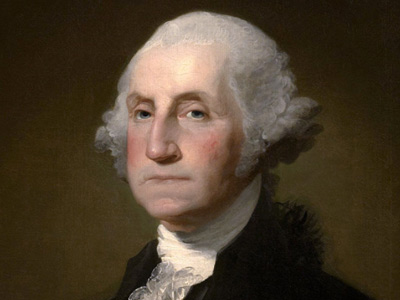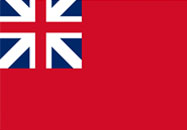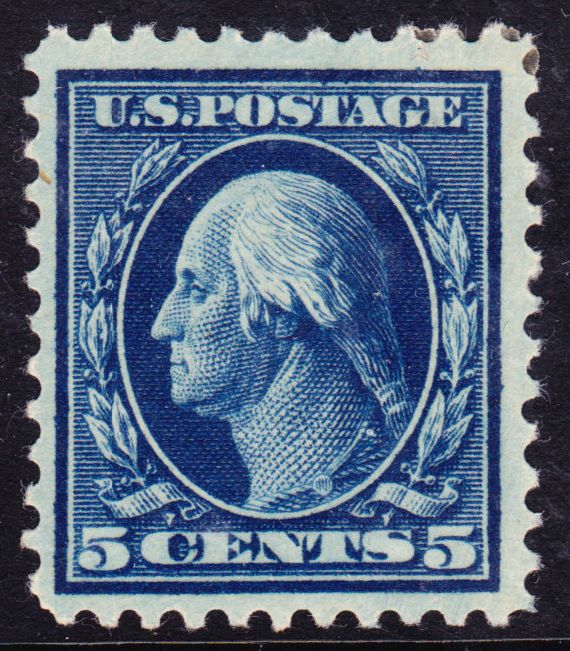George Washington (1732-1799)
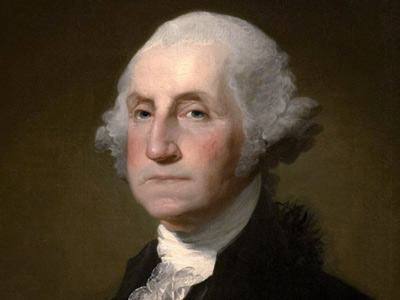
Between the Wars: Mount Vernon (1759–1774)
On January 6, 1759, Washington married wealthy widow Martha Dandridge Custis, then 28 years old. Surviving letters suggest that he may have been in love at the time with Sally Fairfax, the wife of a friend. Nevertheless, George and Martha made a compatible marriage, because Martha was intelligent, gracious, and experienced in managing a planter's estate.
Together they raised her children from her previous marriage, John Parke Custis and Martha Parke (Patsy) Custis. Later, they raised Martha's grandchildren Eleanor Parke Custis and George Washington Parke Custis. George and Martha never had any children together; his earlier bout with smallpox in 1751 may have made him sterile. The newlywed couple moved to Mount Vernon, near Alexandria, where he took up the life of a planter and political figure.
Washington's marriage to Martha greatly increased his property holdings and social standing, and made him one of Virginia's wealthiest men. He acquired one-third of the 18,000-acre (73 km2) Custis estate upon his marriage, worth approximately $100,000, and managed the remainder on behalf of Martha's children, for whom he sincerely cared.
In 1754, Lieutenant Governor Dinwiddie had promised land bounties to the soldiers and officers who volunteered to serve during the French and Indian War. Washington prevailed upon Lord Botetourt, the new governor, and he finally fulfilled Dinwiddie's promise in 1769–1770, with Washington subsequently receiving title to 23,200 acres (94 km2) where the Kanawha River flows into the Ohio River, in what is now western West Virginia. He also frequently bought additional land in his own name. By 1775, Washington had doubled the size of Mount Vernon to 6,500 acres (26 km2), and had increased its slave population to over 100.
As a respected military hero and large landowner, he held local office and was elected to the Virginia provincial legislature, representing Frederick County in the House of Burgesses for seven years beginning in 1758. In the 1758 election, he plied the voters with 170 gallons of rice punch, beer, wine, hard cider, and brandy, though he was largely absent while serving on the Forbes Expedition. With the help of several local elites, Washington won election with roughly forty percent of the vote, defeating three other candidates for the seat. Early in his legislative career, Washington rarely spoke, but he became a prominent critic of Britain's taxation and mercantilist policies in the 1760s.

These books are available for download with Apple Books on your Mac or iOS device
Washington lived an aristocratic lifestyle—fox hunting was a favorite leisure activity. He also enjoyed going to dances and parties, in addition to the theater, races, and cockfights. He also was known to play cards, backgammon, and billiards. Like most Virginia planters, he imported luxuries and other goods from England and paid for them by exporting his tobacco crop. By 1764, these luxuries, coupled with a poor tobacco market, left Washington ₤1,800 in debt. He began to pull himself out of debt in the mid-1760s by diversifying his previously tobacco-centric business interests into other ventures and paying more attention to his affairs, especially in the form of buying fewer imported luxuries.
In 1766, he started switching Mount Vernon's primary cash crop away from tobacco to wheat, a crop that could be processed and then sold in various forms in the colonies, and further diversified operations to include flour milling, fishing, horse breeding, hog production, spinning, and weaving, and (in the 1790s) he erected a distillery for whiskey production which yielded more than 1,000 gallons a month.
After a history of epileptic attacks, Patsy Custis died suddenly in Washington's arms in 1773. The day following Patsy's death, Washington wrote to Burwell Bassett: "It is an easier to conceive, than to describe, the distress of this Family, especially that of the unhappy Parent of our Dear Patcy Custis, when I inform you that yesterday re- moved the Sweet, Innocent Girl into a more happy and peaceful abode than any she has met with, the aflicted path she hitherto has trod." Washington cancelled all business activity and, for the next three months, was not away from Martha for a single night. Patsy's death enabled Washington to pay off his British creditors, since half of her inheritance passed to him.
Washington was a successful planter of tobacco and wheat, and also a leader in the social elite in Virginia. From 1768 to 1775, he invited some 2,000 guests to his Mount Vernon estate, mostly those whom he considered "people of rank". As for people not of high social status, his advice was to "treat them civilly" but "keep them at a proper distance, for they will grow upon familiarity, in proportion as you sink in authority". In 1769, he became more politically active, presenting the Virginia Assembly with legislation to ban the importation of goods from Great Britain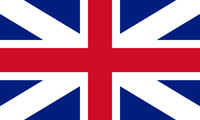 The Kingdom of Great Britain was a sovereign country in Western Europe from 1 May 1707 to the end of 31 December 1800. The state was created by the 1706 Treaty of Union and ratified by the Acts of Union 1707, which united the kingdoms of England (which included Wales) and Scotland to form a single kingdom encompassing the whole island of Great Britain and its outlying islands, with the exception of the Isle of Man and the Channel Islands..
The Kingdom of Great Britain was a sovereign country in Western Europe from 1 May 1707 to the end of 31 December 1800. The state was created by the 1706 Treaty of Union and ratified by the Acts of Union 1707, which united the kingdoms of England (which included Wales) and Scotland to form a single kingdom encompassing the whole island of Great Britain and its outlying islands, with the exception of the Isle of Man and the Channel Islands..
HISTORY
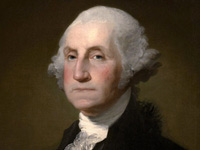
RESOURCES
This article uses material from the Wikipedia article "George Washington (1732-1799)", which is released under the Creative Commons Attribution-Share-Alike License 3.0.
© Stories Preschool. All Rights Reserved.
